Keywords: Racist
There are more than 200 results, only the first 200 are displayed here.
-
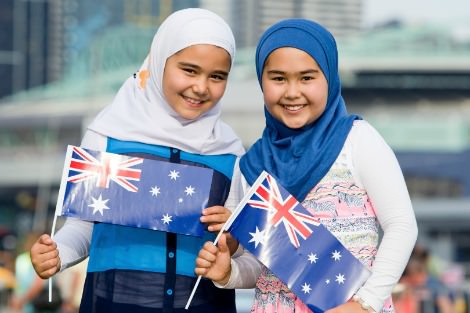
AUSTRALIA
- Tseen Khoo
- 24 January 2017
16 Comments
The removal of an Australia Day billboard featuring two girls in hijabs prompted a swell of support against Islamophobia. Alongside this was a backlash from those who read the action as forcing Muslim Australians to be complicit in the oppression of Indigenous peoples. My unease came from seeing intra-community tension manifest as dismissal and denigration of those who were considered not 'woke' enough to the politics and embedded racism surrounding invocations of Australian identity.
READ MORE 
-

AUSTRALIA
- Ann Deslandes
- 20 January 2017
12 Comments
Like all authorised generalisations, this luminous, unified vision of Australia contains truth, exaggerations, and lies. As well as being a globally known story, it's also the story Australia most likes to tell itself; it sings through ideas like the lucky country, the land of the fair go, the land of the long weekend. Social research on Australia tells a more complex story. Australia is in fact an ethnocracy - a state that is formed in the image and for the benefit of a dominant ethnic group.
READ MORE 
-
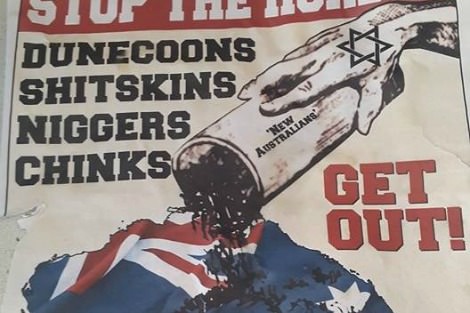
INTERNATIONAL
- Fatima Measham
- 08 December 2016
12 Comments
It is hard to overstate the sort of things that become permissible when the dominant political culture appeals to our darker nature. Take the cascade of brutality in the Philippines, or the stream of hateful incidents in the US. In Australia, white supremacist groups staged 'victory rallies' after the US election, and posters appeared last weekend at Melbourne University telling 'dunecoons, shitskins, niggers, chinks' to get out. This permissiveness isn't just about Trump, though he is a catalyst.
READ MORE 
-

AUSTRALIA
- Rachel Woodlock
- 15 November 2016
7 Comments
It is an enduring personal tragedy that I can never think of 'zinger' responses to hurled insults until having turned them over in my mind for some time. The white male hoon in his 20-year-old unroadworthy car has long-since roared away from the traffic lights after shouting some unremarkable and unoriginal statement: 'Go back to where you came from you [expletive] terrorist.' Kilometres later I'm ready to shout out: 'I would, but Doncaster East is becoming way too pricey for the likes of me.'
READ MORE 
-
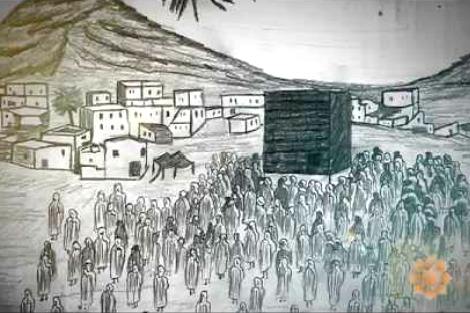
INTERNATIONAL
- Irfan Yusuf
- 15 November 2016
8 Comments
Cultural totalitarianism, embodied in Trump in the US and Hanson in Australia, is a major injustice of our age. To fight it effectively, we have to enter into coalitions with those whose opinions we otherwise find distasteful. An anti-racism rally with only leftwing speakers is not going to make as big an impact as one with speakers across the spectrum. To insist the fight against racism is necessarily a leftwing issue is in some ways its own form of cultural bigotry.
READ MORE 
-
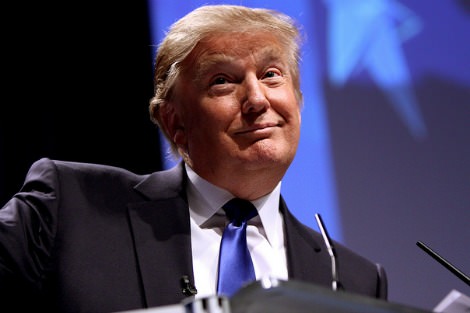
AUSTRALIA
- Fatima Measham
- 16 October 2016
12 Comments
Much has been made about how Republicans benefited from the 'birther' campaign and the Tea Party. It suited them to have proxies undermine the executive branch. In other words, the political right only has itself to blame for the nihilism which now engulfs it - and potentially, the nation. But the failures of the left also bear examination. While Clinton's current lead cannot be attributed entirely to her virtues, the polling gap between her and Trump should have been much wider, earlier.
READ MORE 
-

AUSTRALIA
- Frank Brennan
- 13 October 2016
2 Comments
With idealism and pragmatism, I invite you criminal lawyers in the next 30 years to imagine and enact a better criminal justice system which alleviates rather than exacerbates the devastating effects of colonisation and marginalisation on Indigenous Peoples, and most particularly their children. An intelligently designed criminal justice system must help secure the foothold of Indigenous children in both the Market and the Dreaming.
READ MORE
-

ARTS AND CULTURE
- Tim Kroenert
- 12 October 2016
2 Comments
Representation of minority identities in popular entertainment is key to amplifying and dignifying those identities and their stories. Conversely, the lack of representation is a form of silencing. It's why the charges of racism laid against the all-black Luke Cage is so laughable. 'I will never get tired of seeing a bullet-proof black man,' series creator Cheo Hodari Coker told the LA Times earlier this month, positing the character as a riposte to the phenomenon of police shootings of unarmed black men in the US.
READ MORE 
-
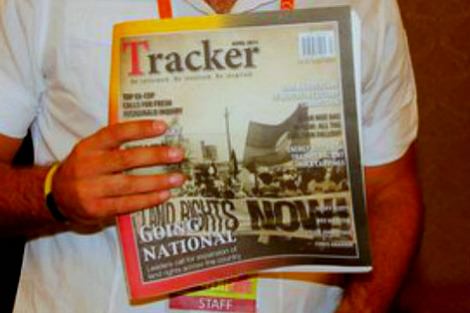
MEDIA
- Celeste Liddle
- 27 September 2016
8 Comments
When I started my blog Rantings of an Aboriginal Feminist four years ago, the major motivation was that I wanted to claim some space in the worldwide web for Aboriginal feminist left-wing discourse. I strongly felt that the mainstream media continued to ignore these types of opinions and, thanks to the internet providing public and freely available space, for the first time ever there was the ability to circumnavigate these traditional channels of communication. I believed no one would read it.
READ MORE 
-
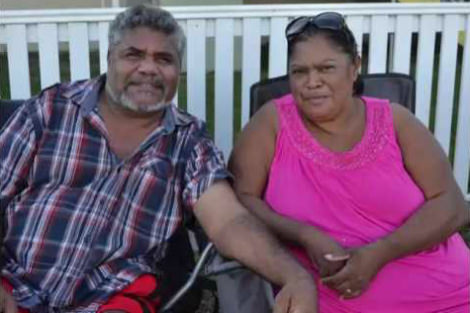
AUSTRALIA
- Dani Larkin
- 14 September 2016
9 Comments
On 8 September the ABC's 7:30 revealed yet another heartbreaking story of just another person who has contracted an asbestos-related disease. Ffloyd Laurie is a Bunjalung man from the Aboriginal community of Baryulgil, NSW - my home town. Like the rest of the Baryulgil community, including my mother, uncles, nan and pop, Ffloyde worked and lived with no idea of the consequences and health risks caused by that asbestos. Those consequences have proven to be fatal already for my pop.
READ MORE 
-
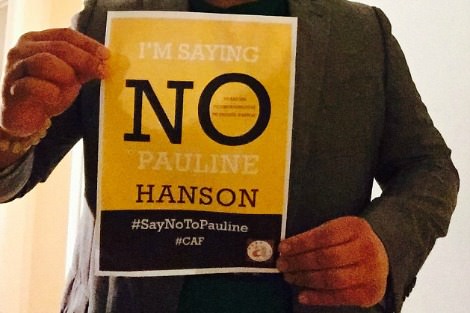
AUSTRALIA
- Tseen Khoo
- 07 September 2016
3 Comments
The Chinese Australian Forum witnessed the traction that One Nation had regained, and the re-emergence of Pauline Hanson as senator. This spurred them to mobilise against the rising prevalence of racist hate-speech against Muslim communities. Informed by previous experiences of One Nation coming to prominence in the 1990s, the CFA launched a #saynotoPauline campaign. It is one example of inter-community collaboration that is crucial in building momentum for broader anti-racist activity.
READ MORE 
-
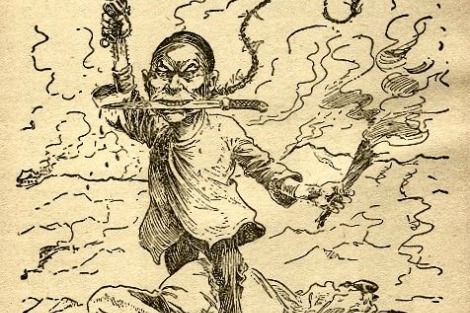
MEDIA
- Jarni Blakkarly
- 07 September 2016
2 Comments
China is out to undermine every aspect of the Australian way of life, from our Census to the integrity of our democracy. Any day now the red flag of the Communist Party will be flying over Parliament House in Canberra ... Or so, you'd be forgiven for believing. Chinese fear-mongering has hit a fever-pitch in Australia's media in recent months and the lines between genuine concern and sensationalism is becoming increasingly blurred. How can we make sure journalism keeps level-headed and fair?
READ MORE 